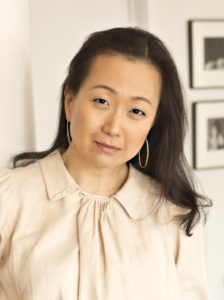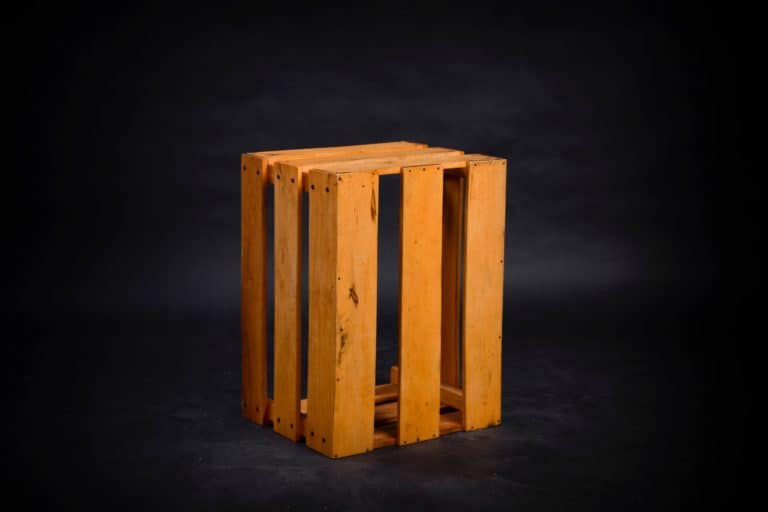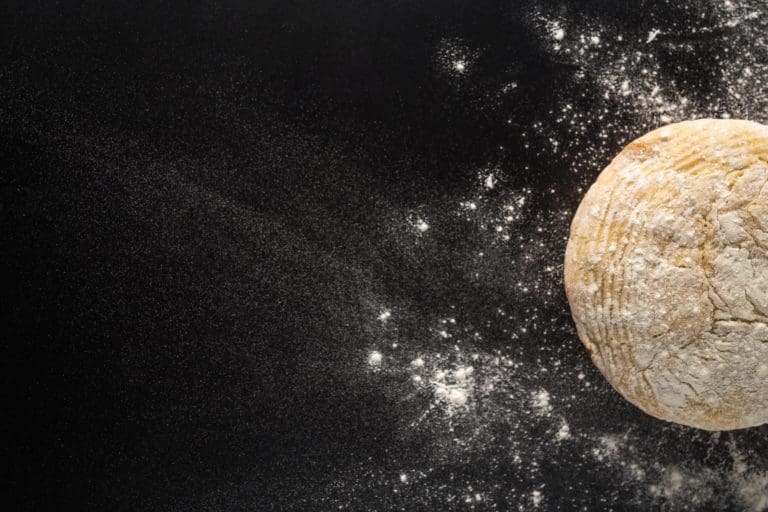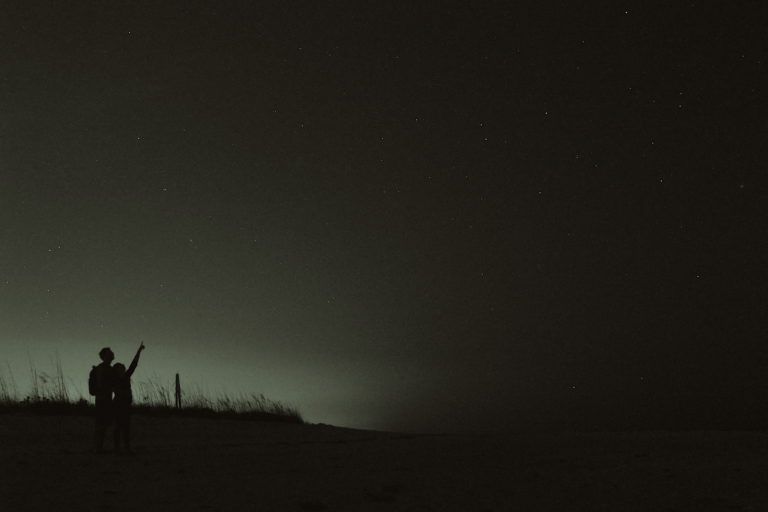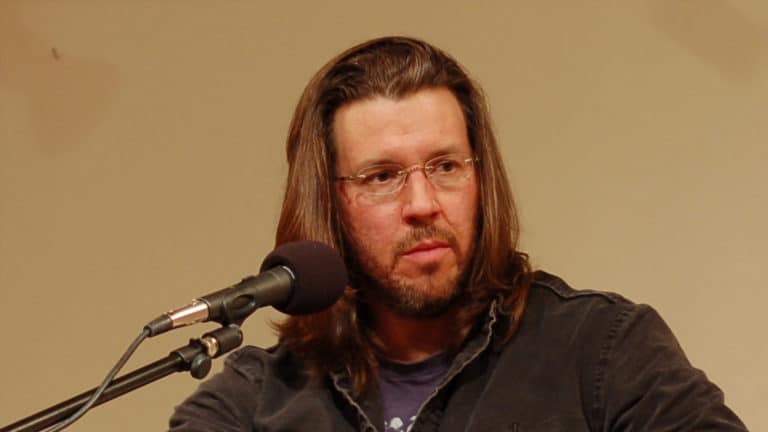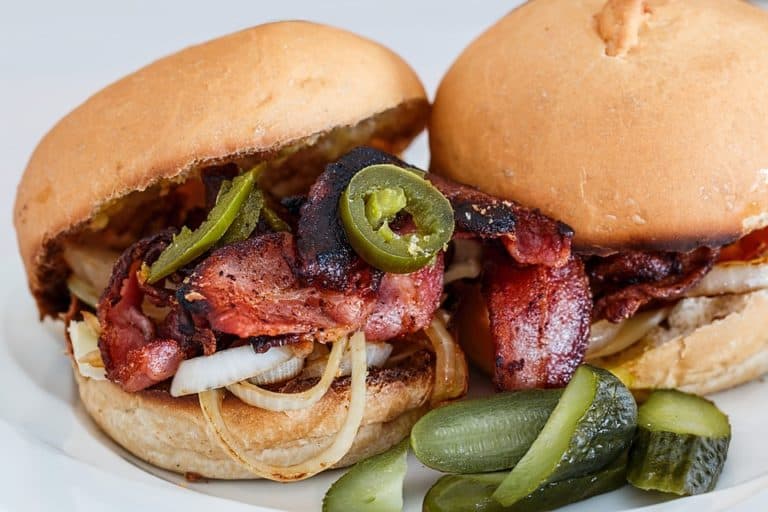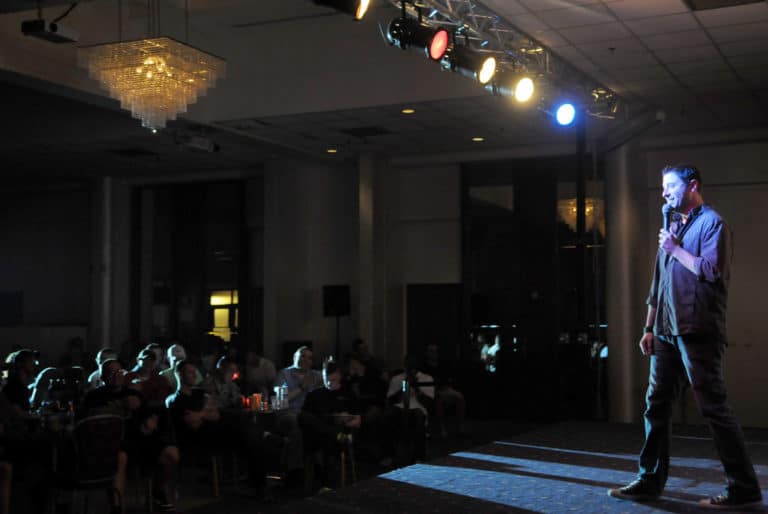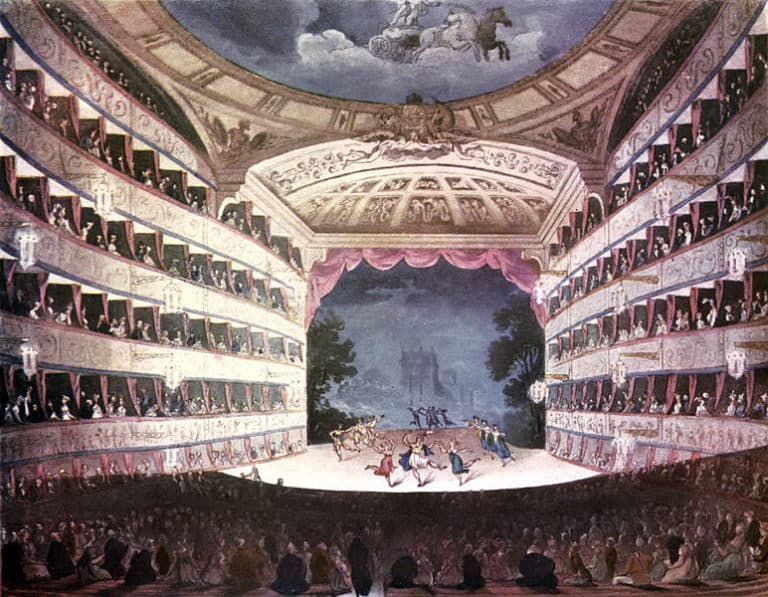There is a very inefficient way to write fiction: if you would like to add more delay to your work, may I suggest conducting interviews? A lot of them. In fact, as many as you can get. You may be wondering why I would suggest such an indirect way to write fiction, but I don’t think there’s a better way to learn how to write about a life you do not really know. If you want to know the date of a war or the price of a musk melon in 1968, there are quick ways to do this in the era of Google. However, if you want to know how an engineer at Google sits down to drink coffee before he starts to write code, you’re going to have to spend some time with said engineer.
For both of my rather long novels, I conducted easily a hundred interviews. Some of these interviews took four to five hours, and some of them took fifteen minutes or less. On average, an interview with me takes about two hours, not including my transportation time.
For my first novel, I had to learn a lot about Wall Street institutional equity salesmen, so I interviewed half a dozen men and women who did this job. I’d take them to lunch and ask a lot of softball questions like, where did you grow up; what’s the name of your favorite teacher; what does your mother look like; and so on. What I am looking for when I ask these rather pointless questions is to make my subjects realize that I am not a direct interviewer, because no one is a direct interviewee. You’d be surprised how different the answers can be to a question as innocuous as who was your best friend in middle school.
If you are fortunate enough to spend time with strangers who will tell you very harmless facts about their lives, very often, you will be allowed to enter their intimate space as they remember their lives. Everyone’s face softens at certain memories, and everyone’s face hardens at others. I am not a smart journalist when I am interviewing my subjects; I am more like a curious old aunt who is just interested in getting to know you better. I am the aunt who wants you to be well—the kind who clips articles you might find interesting and mails them to you even though it is far easier to text you a link.
No one taught me how to do interviews. I sort of just happened upon this time-consuming method, because there was so much I didn’t know. There was no way I could live all the lives of all of my many, many characters, but it was possible to take some time to meet the kinds of people I write about. Interviewing does take a great deal of energy. It also takes money. I buy lunch. Mostly, it’s a very delicious lunch, because I do value another person’s time and willingness to support my folly, and I can’t afford to pay anything more than the price of a good meal. I try to be a supportive listener, like the best listener I can be. I never record our conversations except to take some occasional notes in my cryptic handwriting. Also, I am a vault. No one knows what my interviewees say. Very often, my subjects tell me deeply held secrets, and I’m not sure why exactly, but whenever someone tells me something very intimate, I am exceptionally careful.
What do I do with all of my interviews after I am done? I think very hard about my subjects. I dream about them long after our interview has ended, and like a kindly aunt, I root for them. Then I try to imagine what they are like in private and in public, and I let them live as fully as I can in the pages of my world.
